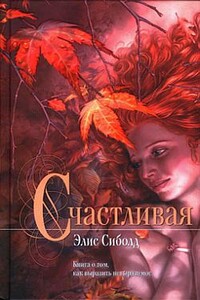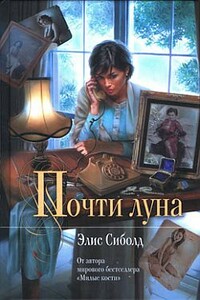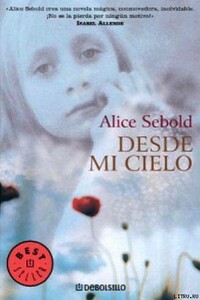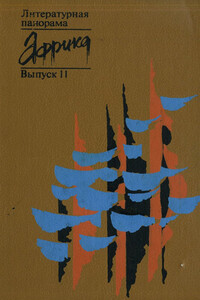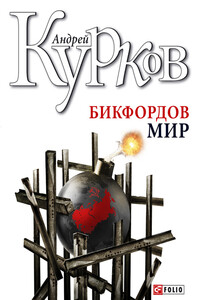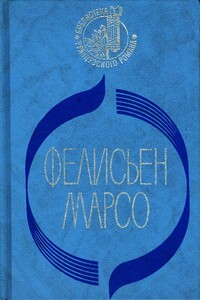That weekend my brother woke early, as he always did. He was in the seventh grade and bought his lunch at school and was on the debate team and, like Ruth had been, was always picked either last or second to last in gym. He had not taken to athletics as Lindsey had. He practiced instead what Grandma Lynn called his “air of dignification.” His favorite teacher was not really a teacher at all but the school librarian, a tall, frail woman with wiry hair who drank tea from her thermos and talked about having lived in England when she was young. After this he had affected an English accent for a few months and shown a heightened interest when my sister watched Masterpiece Theatre.
When he had asked my father that year if he could reclaim the garden my mother had once kept, my father had said, “Sure, Buck, go crazy.”
And he had. He had gone extraordinarily, insanely crazy, reading old Burpee catalogs at night when he was unable to sleep and scanning the few books on gardening that the school library kept. Where my grandmother had suggested respectful rows of parsley and basil and Hal had suggested “some plants that really matter” – eggplants, cantaloupes, cucumbers, carrots, and beans – my brother had thought they were both right.
He didn’t like what he read in books. He saw no reason to keep flowers separated from tomatoes and herbs segregated in a corner. He had slowly planted the whole garden with a spade, daily begging my father to bring him seeds and taking trips to the grocery with Grandma Lynn, where the price of his extreme helpfulness in fetching things would be a quick stop at the greenhouse for a small flowering plant. He was now awaiting his tomatoes, his blue daisies, his petunias, and pansies and salvias of all kinds. He had made his fort a sort of work shed for the garden, where he kept his tools and supplies.
But my grandmother was preparing for the moment when he realized that they couldn’t grow all together and that some seeds would not come up at certain times, that the fine downy tendrils of cucumber might be abruptly stopped by the thickening underground bosses of carrot and potato, that the parsley might be camouflaged by the more recalcitrant weeds, and bugs that hopped about could blight the tender flowers. But she was waiting patiently. She no longer believed in talk. It never rescued anything. At seventy she had come to believe in time alone.
Buckley was hauling up a box of clothes from the basement and into the kitchen when my father came down for his coffee.
“What ya got there, Farmer Buck?” my father said. He had always been at his best in the morning.
“I’m making stakes for my tomato plants,” my brother said.
“Are they even above ground yet?”
My father stood in the kitchen in his blue terry-cloth robe and bare feet. He poured his coffee from the coffee maker that Grandma Lynn set up each morning, and sipped at it as he looked at his son.
“I just saw them this morning,” my brother said, beaming. “They curl up like a hand unfolding.”
It wasn’t until my father was repeating this description to Grandma Lynn as he stood at the counter that he saw, through the back window, what Buckley had taken from the box. They were my clothes. My clothes, which Lindsey had picked through for anything she might save. My clothes, which my grandmother, when she had moved into my room, had quietly boxed while my father was at work. She had put them down in the basement with a small label that said, simply, SAVE.
My father put down his coffee. He walked out through the screened-in porch and strode forward, calling Buckley’s name.
“What is it, Dad?” He was alert to my father’s tone.
“Those clothes are Susie’s,” my father said calmly when he reached him.
Buckley looked down at my blackwatch dress that he held in his hand.
My father stepped closer, took the dress from my brother, and then, without speaking, he gathered the rest of my clothes, which Buckley had piled on the lawn. As he turned in silence toward the house, hardly breathing, clutching my clothes to him, it sparked.

